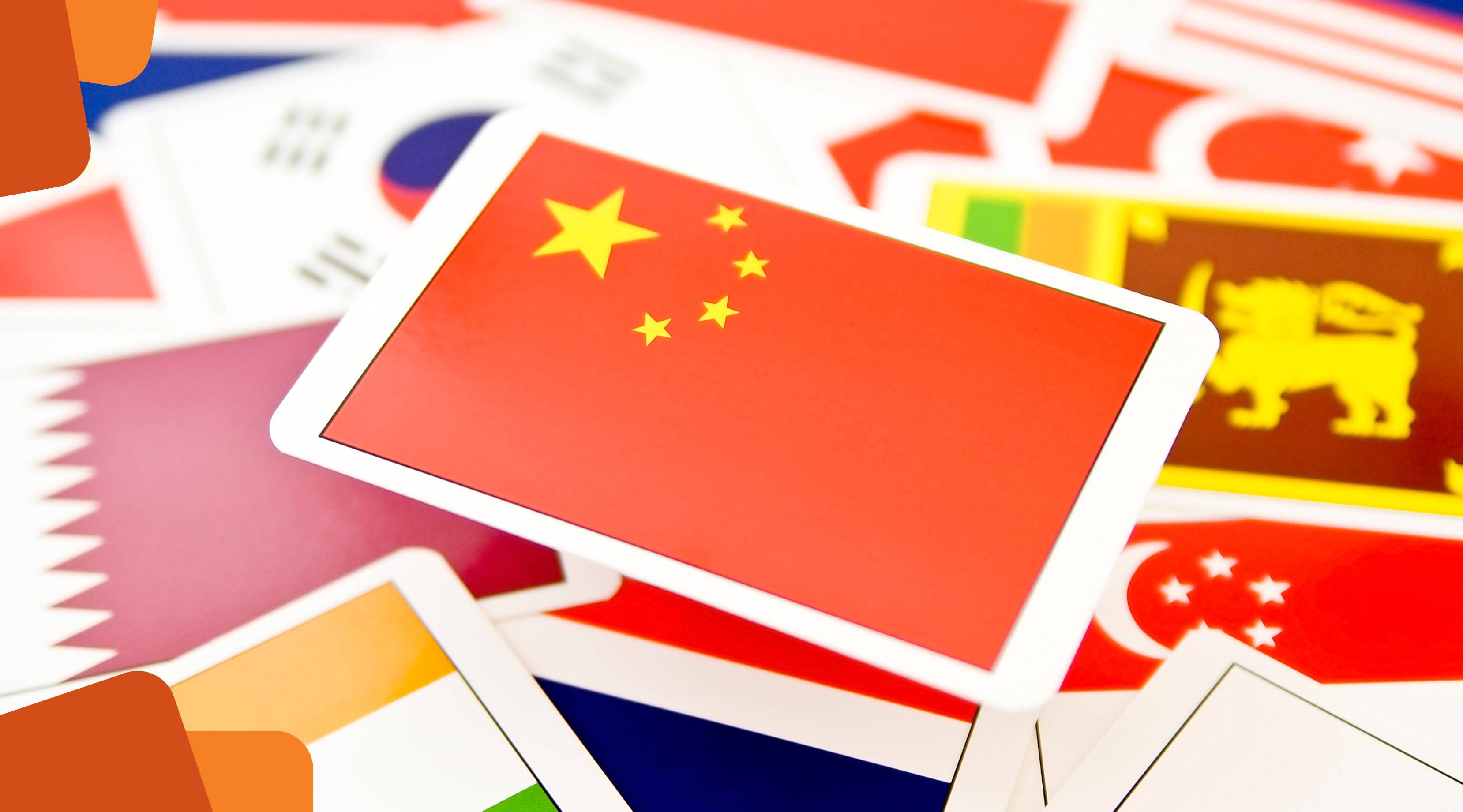China Put a 90-Day Ceasefire: Strategic Outlook for APAC
Navigating the New Trade Landscape
China has agreed to lower the tariff for 90 days with the United States. This decision may bring relief for a while, but what comes next remains uncertain. As Asia-Pacific companies try to make sense of these changes, TGS APAC is here to share some practical strategies for staying resilient, even in the worst situation that could ever happen.
Adapting Strategies for APAC Businesses
According to Mikail Jaman, TGS Asia Pacific Regional Leader and Managing Partner of TGS AU Partners Indonesia, businesses need to be flexible in their approach.
"Over the next year or two, APAC companies should focus on diversifying their supply chains so they’re not overly reliant on just a few countries," Mikail Jam'an suggests. "On the financial side, it’s smart to use hedging tools like forward contracts and multi-currency financing to manage the ups and downs of exchange rates and tariff changes."

He also points out that businesses can get ahead by making full use of Free Trade Agreements like RCEP and ASEAN FTAs. These agreements can help reduce costs and give better access to key markets, especially in Southeast Asia.
China’s Strategic Pivot: TGS HaoXin Shandong
Lin Tang (15/04) from TGS HaoXin shares that while the US is looking to shift its exports to the EU, Southeast Asia, and South Africa, China is holding its ground. The country’s massive consumer market remains a big draw, and some Chinese e-commerce giants are even helping US products make their way into China.
Our Service Recommendations
"Our clients that export to the US have prepared for disruptions, and because our client base is quite diverse, we’re not feeling too much of a hit," Tang explains. She adds that China is already finding alternative sources for important imports, like getting soybeans from South Africa instead of the US.
To keep up with the changes, TGS HaoXin is working on expanding its network within mainland China.
Hong Kong’s Resilience: TGS Aitia
Despite the shifting trade landscape, Nickson Yuen (15/04) from TGS Aitia sees Hong Kong’s 0% tariff status as a major advantage. "It puts us in a good spot to benefit from opportunities between the US and China," he notes.
The firm expects more interest from mainland businesses moving back to Hong Kong. While some trading clients may face hurdles, the anticipated influx of capital could open new doors.
India’s Growing Role: TGS India KG Somani & Co.
On April 17th, Anuj Somani pointed out that India could come out ahead as companies around the world look for alternatives to China. The tech sector, in particular, might see growth as global supply chains shift.
Taiwan’s Careful Approach: TGS DWC
David Hsiung (21/04) from TGS DWC says that while the brief tariff pause gave businesses a little breathing room, the situation is still uncertain. Since most Taiwanese companies are small to medium-sized, moving operations to the US isn’t practical. Fortunately, government support is helping ease the financial strain.
Unified TGS APAC Strategy
As the trade situation continues to evolve, TGS APAC remains focused on helping businesses adapt. By staying flexible and proactive, TGS member firms are committed to guiding clients through the challenges of global trade.
No matter how the situation unfolds, TGS will be the to support clients with practical advice and regional expertise.
News & Articles Recommendations.





